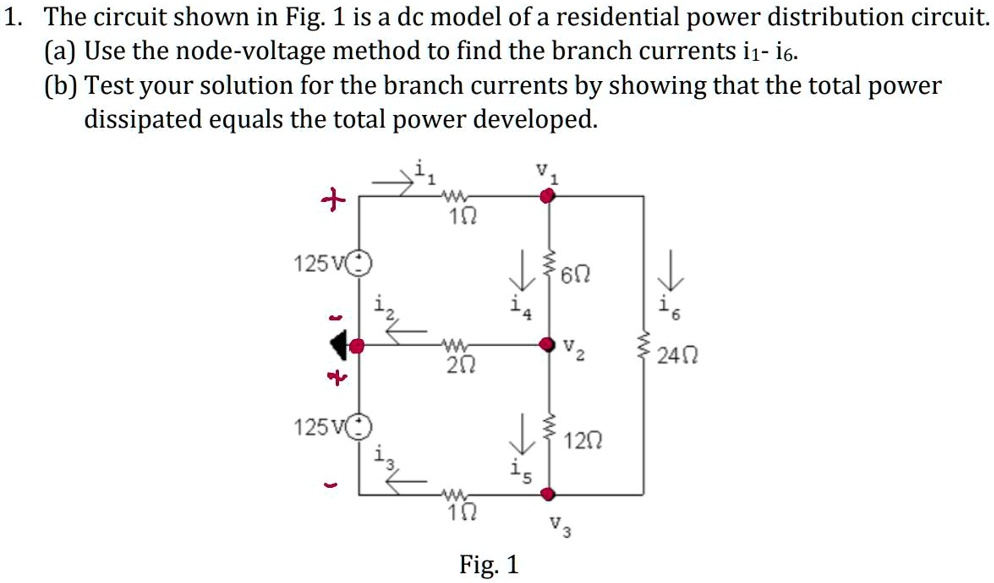SOLVED 1 The circuit shown in Fig 1 is a dc model of a residential Circuit Diagram many specific design challenges, but certain basic principles are common to all. Such principles, if followed, will provide a soundly executed design. The basic principles or factors requiring consideration during design of the power distribution system include: Functions of structure, present and future Life and flexibility of structure The Radial Distribution System has one power source for a group of customers. If there is a power failure, the entire group loses power. In addition, a circuit failure somewhere in the system could mean a power interruption for the entire system. FIGURE 2: SIMPLE RADIAL DISTRIBUTION SYSTEM This is the most economical and widely used system.

Using software like AutoCAD, distribution design engineers draft power systems to bring electricity from distribution substations to homes. Designers have to calculate electricity usage and needs, prepare sketches, prescribe necessary equipment, estimate costs, update infrastructure, and more to make sure that power reaches customers and communities without jeopardizing the grid.

Electric Power Distribution System Basics Circuit Diagram
There are several configurations of distribution systems. Most distribution circuits are radial (both primary and secondary). Radial circuits have many advantages over networked circuits including: Easier fault current protection; Lower fault currents over most of the circuit; Easier voltage control; Easier prediction and control of power flows power distribution 4 • At a distribution substation, a substation transformer takes the incoming transmission-level voltage (35 to 230 kV) and steps it down to several distribution primary circuits, which fan out from the substation. • Primary distribution lines are "medium-voltage" circuits, normally thought of Distribution transformer: A distribution transformer, also called as service transformer, provides final transformation in the electric power distribution system.It is basically a step-down 3-phase transformer.Distribution transformer steps down the voltage to 400Y/230 volts. Here it means, voltage between any one phase and the neutral is 230 volts and phase to phase voltage is 400 volts.

The following basic considerations are fundamental to any power system design: Basic safety: The power system must be able to perform all of its basic functions, and withstand basic abnormal conditions, without damage to the system or to personnel. Basic functionality: The power system must be able to distribute power from the source to the connected loads in a reliable manner under normal Designing an electrical power distribution system requires a structured approach to ensure efficiency and safety. Start by defining load requirements and selecting appropriate voltage levels. Next, design the distribution layout and choose reliable equipment. Perform calculations and document the system thoroughly.